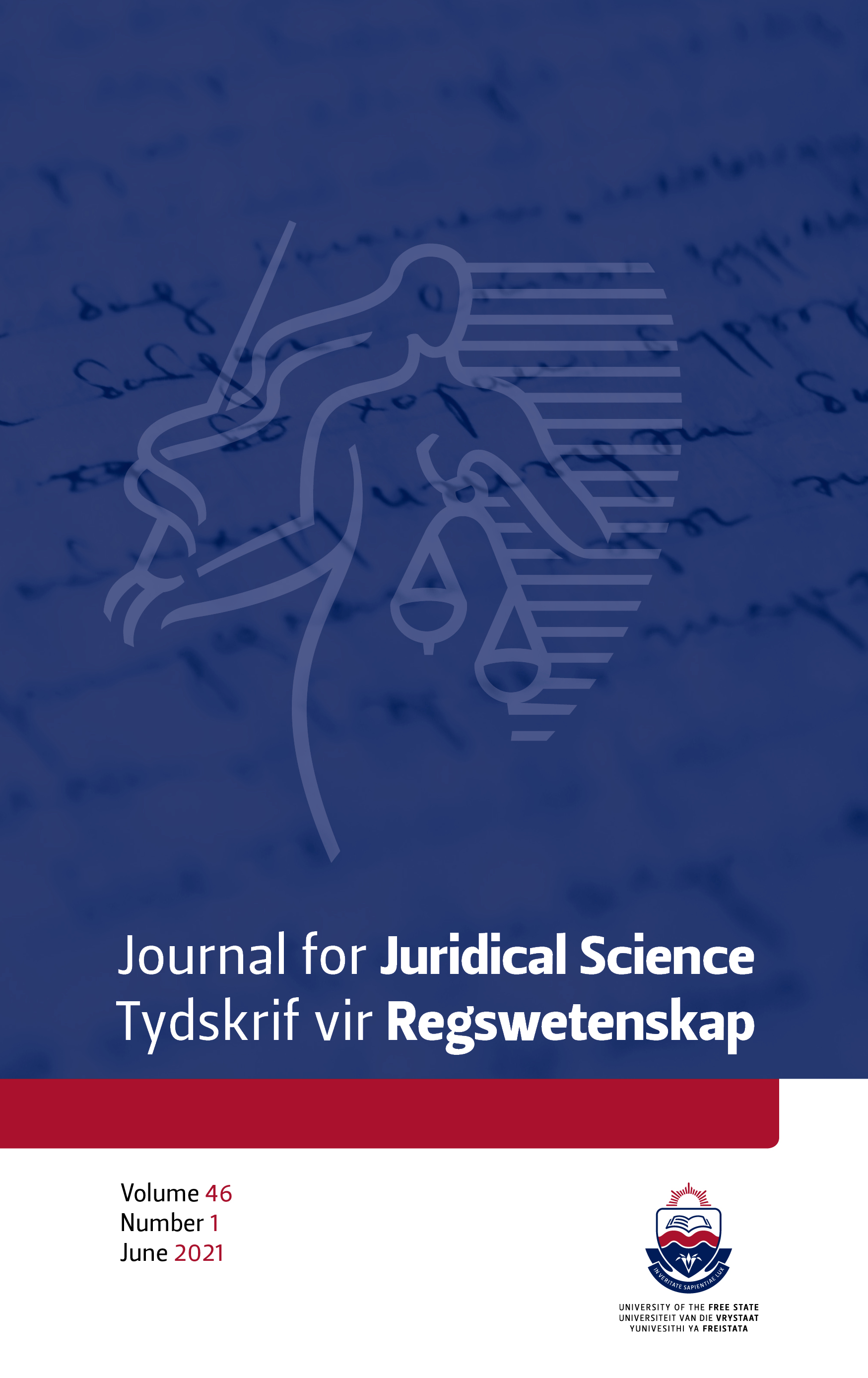The reliability of trace DNA or low copy number (LCN) DNA evidence in court proceedings
DOI:
https://doi.org/10.18820/24150517/JJS46.i1.1Abstract
Although forensic DNA testing is well established, some experts disagree with the interpretation and statistical significance of test results obtained from very small samples. This article discusses the problems regarding the use of the low copy number (LCN) technique as well as the value that can be derived from such an analysis. It focuses on the problematic results that can arise from using very small samples for forensic DNA identification. Since this kind of analysis is based on low amounts of DNA samples (between 100 picograms and 200 picograms in South Africa) that are amplified by using more than the normal 28 cycles to create larger samples for analysis, the reliability of the analysis has been questioned. The amplification process, known as the Polymerase Chain Reaction (PCR), is associated with risks such as stochastic effects and contamination that could make interpretation of the results difficult for the defence. While standard operating laboratory protocols could prevent contamination and although the electropherograms could aid the detection of contamination, it is highly problematic for the defence counsel to ascertain whether these procedures were indeed strictly followed. Drawing on foreign jurisprudence, this article considers the risks and key controversies and explains what lawyers need to know, in order to be able to recognise controversial results that could stem from using the LCN DNA technique for forensic DNA identification. The conclusions thus drawn may be of particular relevance to the South African context, as no reported case law exists in which the issues relating to the use of LCN DNA have yet come to the fore.
Downloads
##submission.downloads##
Published
Issue
Section
License
Copyright (c) 2021 Author(s)

This work is licensed under a Creative Commons Attribution 4.0 International License.




